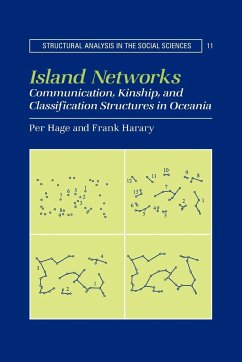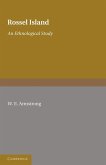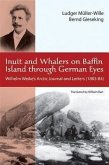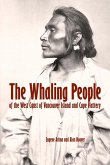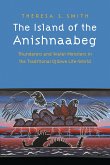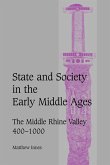Contrary to common perception and belief, most island societies of the Pacific were not isolated, but were connected to other island societies by relations of kinship and marriage, trade and tribute, language and history. Using network models from graph theory, the authors analyse the formation of island empires, the social basis of dialect groups, the emergence of economic and political centres, the evolution and devolution of social stratification and the evolution of kinship terminologies, marriage systems and descent groups from common historical prototypes. The book is at once a unique and important contribution to Oceania studies, anthropology and social network analysis.
Review quote:
"This unique and important work makes fascinating reading and should have a wide audience among both graph theorists and social scientists...and will undoubtedly have a great deal of influence in the further development of analytic methods in social science." Bulletin of the Institute of Combinatorics
"...highly useful to all specialists in Pacific Island anthropology as well as to those with a special methodological interest in network analysis and mathematical models." A. Arno, Choice
"Their approach is particularly valuable to the study of communication in Pacific Island societies and regional systems from a process-oriented perspective..." A.Arno, Choice
Table of contents:
Preface; Acknowledgements; 1. Island networks and graphs - graph theoretical models - geographical, linguistic and anthropological terms; 2. Trees: Basic definitions - a Micronesian prestige good system - 'Recursive dualism' in Austronesian classification systems - cognatic kinship networks - cycle rank and network connectedness; 3. The minimum spanning tree problem - dialect groups and marriage isolates in the Tuamotus - the evolution of the Lakemban Matanitu - the Renfrew-Sterud method of close proximity analysis - on deconstructing a network; 4. Search trees I: Independent discoveries of the conical clan - social stratification in Polynesia - a structural model of the conical clan - Prestige good systems: 5. Search trees II: the Marshallese conical clan - the devolution of social organisation in nuclear Micronesia; 6. Centrality: Southern Lau, Fiji: a natural trade area - power centers in the greater Lauan trade network - political and mythological centers in Ralik and Ratak - expeditions in Torres Strait - on the position of Delos in the archaic Aegean network; 7. Dominating sets: local domination in the Caroline Islands - alliance structures in the Western Tuamotus - pottery monopolies in Melanesian trade networks; 8. Digraphs: Murdock's maze: the bilateral hypothesis of Austronesian origins - sibling classification and culture history in Island Oceania; 9. Conclusion.
Hinweis: Dieser Artikel kann nur an eine deutsche Lieferadresse ausgeliefert werden.
Review quote:
"This unique and important work makes fascinating reading and should have a wide audience among both graph theorists and social scientists...and will undoubtedly have a great deal of influence in the further development of analytic methods in social science." Bulletin of the Institute of Combinatorics
"...highly useful to all specialists in Pacific Island anthropology as well as to those with a special methodological interest in network analysis and mathematical models." A. Arno, Choice
"Their approach is particularly valuable to the study of communication in Pacific Island societies and regional systems from a process-oriented perspective..." A.Arno, Choice
Table of contents:
Preface; Acknowledgements; 1. Island networks and graphs - graph theoretical models - geographical, linguistic and anthropological terms; 2. Trees: Basic definitions - a Micronesian prestige good system - 'Recursive dualism' in Austronesian classification systems - cognatic kinship networks - cycle rank and network connectedness; 3. The minimum spanning tree problem - dialect groups and marriage isolates in the Tuamotus - the evolution of the Lakemban Matanitu - the Renfrew-Sterud method of close proximity analysis - on deconstructing a network; 4. Search trees I: Independent discoveries of the conical clan - social stratification in Polynesia - a structural model of the conical clan - Prestige good systems: 5. Search trees II: the Marshallese conical clan - the devolution of social organisation in nuclear Micronesia; 6. Centrality: Southern Lau, Fiji: a natural trade area - power centers in the greater Lauan trade network - political and mythological centers in Ralik and Ratak - expeditions in Torres Strait - on the position of Delos in the archaic Aegean network; 7. Dominating sets: local domination in the Caroline Islands - alliance structures in the Western Tuamotus - pottery monopolies in Melanesian trade networks; 8. Digraphs: Murdock's maze: the bilateral hypothesis of Austronesian origins - sibling classification and culture history in Island Oceania; 9. Conclusion.
Hinweis: Dieser Artikel kann nur an eine deutsche Lieferadresse ausgeliefert werden.

